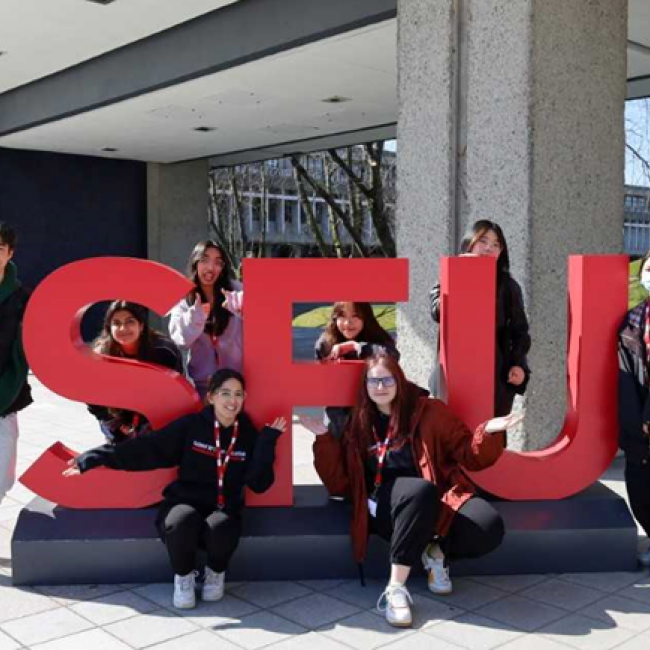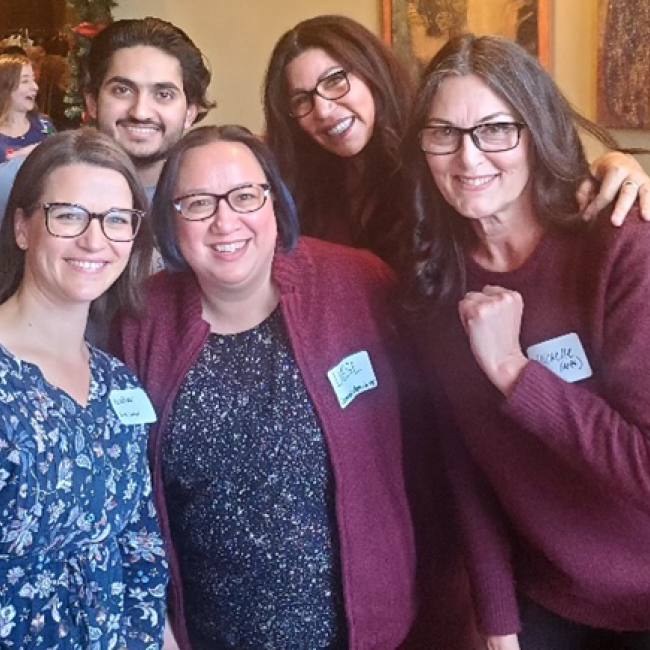
Canadians are notorious for being apologetic to the point that it has become a stereotype. This trait is something that I’ve adopted and carried with me throughout my entire existence. Just like how individuals say “bless you” after someone sneezes, saying “sorry” has become second nature to me. After starting at my first Co-op job, however, I noticed the excessive number of apologies I recited to peers.
In the first few weeks, I caught myself over-apologizing for the smallest things. I would apologize for being two minutes late to a Zoom meeting, for not stringing my sentences coherently, and for not updating my schedule promptly. My peers and supervisors began to pick up that I was a chronic over-apologizer. It came to the extent where my supervisor told me not to be too hard on myself, especially when I was adjusting to a new role. Mistakes are expected and natural, and there are ways to combat it. Here are some ways I broke the cycle:
1. I take notice of how I’m feeling, thinking, and saying.
Being aware is the first step in making a change. Putting a mindset to stop over-apologizing into your consciousness helps! Notice when, why, and with whom you’re over-apologizing. Pay attention to your thoughts and feelings too; they can be cues to when you are feeling anxious or uncomfortable, or inadequate.
2. I pause before apologizing.
Before saying sorry, I now ask myself: “Have I done anything wrong to offend this person?” If the answer is no, I take a step back and rephrase my next sentence. Something I had previously apologized for frequently is my lack of knowledge of HTML. Instead of saying, “I’m so sorry, I’m still adjusting to this software,” I would rephrase this sentence to, “I appreciate your patience as I’m adjusting to this software.” I wasn’t able to stop apologizing overnight, however, the more self-aware I was about what caused me to apologize, the more I was able to recognize the behaviour and correct it.
3. I turned my “sorry”s into “thank-you”s
Instead of saying, “I’m sorry for being late,” I exchanged this language to “thank you for waiting for me.” The switch from apology to gratitude is more pleasing to the other person, and concentrates on much more positive language. Rephrasing my apologies has significantly created a more peaceful environment for myself, and has made me feel a lot more comfortable working alongside peers. From this experience, I began to look at apologies differently; I think of ways to attract positivity within my workplace and workspace especially with how I communicate with others.
My initial lack of judgement led me to unconsciously use apologies to quickly recover from my actions and behaviours that I thought were wrong. While apologizing can be a powerful tool for building trust and improving social cohesion, it’s vital to assert yourself and view yourself as having the right to make your way in the world. Breaking this cycle wasn’t easy, but working in an environment that stays to an open honesty policy pushed me towards my personal growth. This new mindset has given me so much confidence working in my co-op program that I look forward to cultivating myself even more within the next semester.
Beyond the Blog
-
To learn more about the co-op program, visit the SFU Co-op page!


























